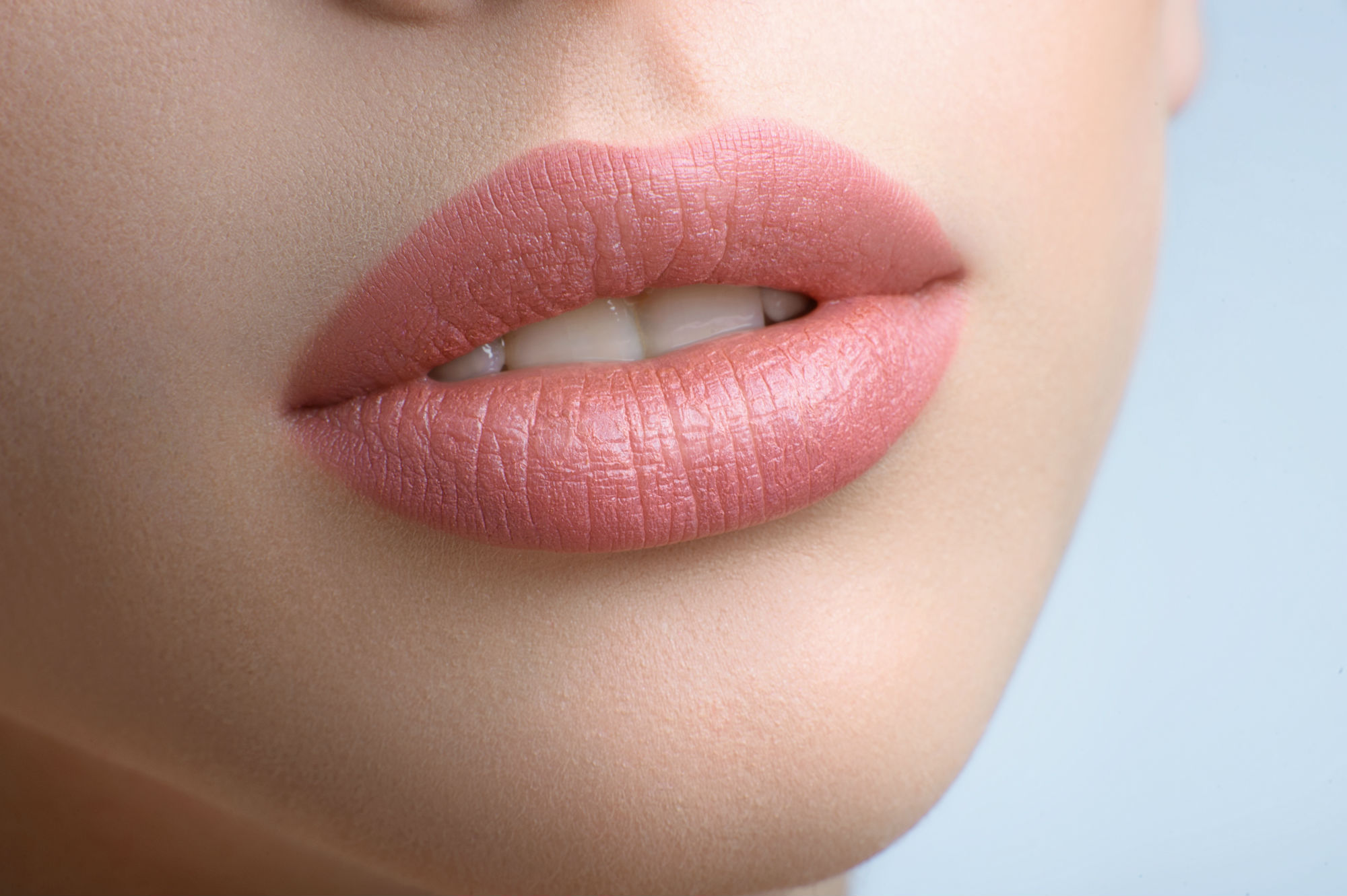Have You Ever Thought About What Your Lips Really Do?

Most of us swipe on a little lip balm, sip our coffee, or even bite our lips when nervous—without giving these soft, pink “gatekeepers” much thought. But did you know your lips are one of the busiest and most sensitive parts of your body? They do a lot more than help you smile or whistle your favorite tune.
Let’s take a closer look at why your lips deserve some real attention, and how a few daily habits can make a big difference.
The Real Job of Your Lips
Think of your lips as the flexible doormen to your mouth. They’re not just there for looks—they help with eating, speaking, and even protecting you from germs. Lips are made of delicate skin and muscle, filled with nerves that let you sense temperature and texture before anything goes in your mouth. That’s why a hot drink or spicy food hits your lips first, giving you a warning before you take a big gulp or bite.
Your lips also help keep things in and out—like holding a straw, keeping saliva inside, or blocking dust and germs from getting in. Without healthy lips, simple things like talking, eating, or even kissing become uncomfortable or difficult.
Common Lip Problems and Why They Happen
- Chapped or Cracked Lips: This is the most common issue. It happens because lips don’t have oil glands like the rest of your skin, so they dry out quickly—especially in cold, windy, or dry weather. Licking your lips makes it worse, because saliva evaporates fast and takes even more moisture with it. If ignored, cracks can bleed, get infected, or make eating and talking painful.
- Cold Sores: These are small, painful blisters caused by the herpes simplex virus. Stress, sun exposure, or being run-down can trigger them. The problem is, these sores are contagious and can spread to others or different parts of your face. Ignoring them might lead to more outbreaks or infections.
- Persistent Redness or Sores: Sometimes, a sore or patch on your lip doesn’t heal. This could be a sign of something more serious, like an allergic reaction or even early skin cancer. If left unchecked, these can cause bigger health issues down the road.
Lip Myths You Shouldn’t Fall For
- Myth: Only dry, cold weather causes chapped lips.
Truth: Sun, wind, spicy foods, and even dehydration can dry out your lips year-round. Believing this myth might keep you from protecting your lips when you really need to. - Myth: Licking your lips helps keep them moist.
Truth: Licking actually dries your lips out more. Saliva evaporates quickly, stealing moisture and leaving lips even drier. This habit can make chapping much worse.
How to Keep Your Lips Soft, Healthy, and Strong
- Use a gentle, nourishing lip balm. Look for balms with natural oils or beeswax—not just petroleum jelly. These ingredients create a barrier to lock in moisture and protect from harsh weather. Apply throughout the day, especially before heading outside.
- Drink plenty of water. Hydration keeps all your skin healthy, including your lips. When you’re dehydrated, lips lose their plumpness and crack more easily. Aim for at least 6-8 glasses a day, and more if you’re active or it’s hot out.
- Protect lips from the sun. Just like your skin, lips can get sunburned. Choose a lip balm with SPF and reapply every couple of hours when outdoors. This helps prevent painful burns and lowers your risk of skin cancer.
- Avoid licking or biting your lips. These habits feel soothing for a second but actually make things worse. Try chewing sugar-free gum or applying balm when you get the urge. The more you avoid these habits, the faster your lips heal.
- Eat foods rich in vitamins. Vitamins B, C, and E help repair and protect skin. Snack on fruits, veggies, and nuts to give your lips the nutrients they need to stay soft and healthy. Try to include a variety in your meals every day.
- Gently exfoliate flaky lips. Once or twice a week, use a soft toothbrush or a washcloth to gently rub away dead skin. This helps lip balm soak in better and keeps lips looking fresh. Don’t overdo it—gentle is key.
Warning Signs It’s Time to Talk to a Doctor
- Sores or patches that won’t heal after two weeks. This could signal an infection or a more serious issue, like skin cancer. Getting it checked early can prevent bigger problems.
- Severe swelling or pain. If your lips suddenly swell up or hurt badly, it might be an allergic reaction or infection. Quick treatment can stop things from getting worse.
- Blisters that keep coming back. Frequent cold sores or blisters can mean there’s an underlying health issue. Delaying care might lead to more outbreaks and risk of spreading infection.
Daily Check-In: Are You Being Kind to Your Lips?
- ☐ Applied nourishing lip balm today
- ☐ Drank enough water
- ☐ Protected lips from sun or harsh weather
- ☐ Avoided licking or biting lips
- ☐ Ate at least one fruit or veggie rich in vitamins
Your Smile Starts with Healthy Lips
Your lips are more than just a feature on your face—they’re your body’s frontline for eating, speaking, and protecting against germs. Healthy lips mean less pain, fewer infections, and a more confident smile. Remember: small daily habits, like using the right balm and staying hydrated, add up to big results. Take care of your lips, and they’ll keep you smiling for years to come.